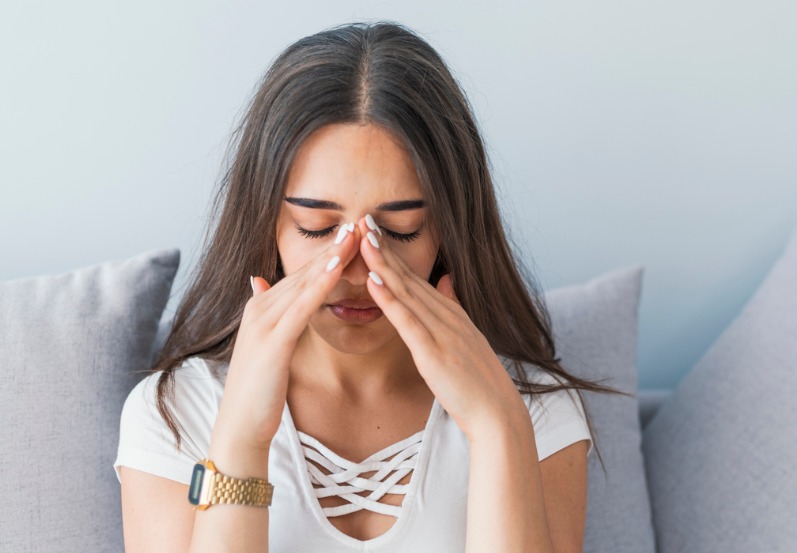Allergic Rhinitis Facts

You’re not going to win on Jeopardy with these allergic rhinitis facts, but you might be able to glean some important information that can help you better manage its effect on your daily life. Below, are several interesting facts about allergic rhinitis that really help put things in to perspective:
- Allergic rhinitis often called hay fever, is a common condition that causes symptoms such as sneezing, stuffy nose, runny nose, watery eyes and itching of the nose, eyes or the roof of the mouth.
- Symptoms of seasonal allergic rhinitis occur in spring, summer and/or early fall. They are usually caused by allergic sensitivity to pollens from trees, grasses or weeds, or to airborne mold spores.
- People with perennial allergic rhinitis experience symptoms year-round. Perennial allergic rhinitis is generally caused by sensitivity to house dust mites, animal dander, cockroaches and/or mold spores.
- Once diagnosed, allergic rhinitis treatment options are: avoidance, eliminating or decreasing your exposure to the irritants or allergens that trigger your symptoms, medication, and immunotherapy (allergy shots).
- Immunotherapy (allergy shots) helps reduce hay fever symptoms in about 85% of people with allergic rhinitis.
- In data published from the 2014 National Health Interview Survey (NHIS), 8.4% of US children under age 18 suffered from hay fever, 10% from respiratory allergies, 5.4% from food allergies, and 11.6% from skin allergies.
If you or a loved one are suffering form allergic rhinitis, please contact our office to schedule an appointment with Dr. Sebastian Lighvani today.
Sources
1. Allergic Diseases (NIH)
2. Allergies: Gateway to Health Communication (CDC)
3. NCHS Data Brief, Number 121 (CDC)
4. National Health Interview Survey, 2014 (CDC)











